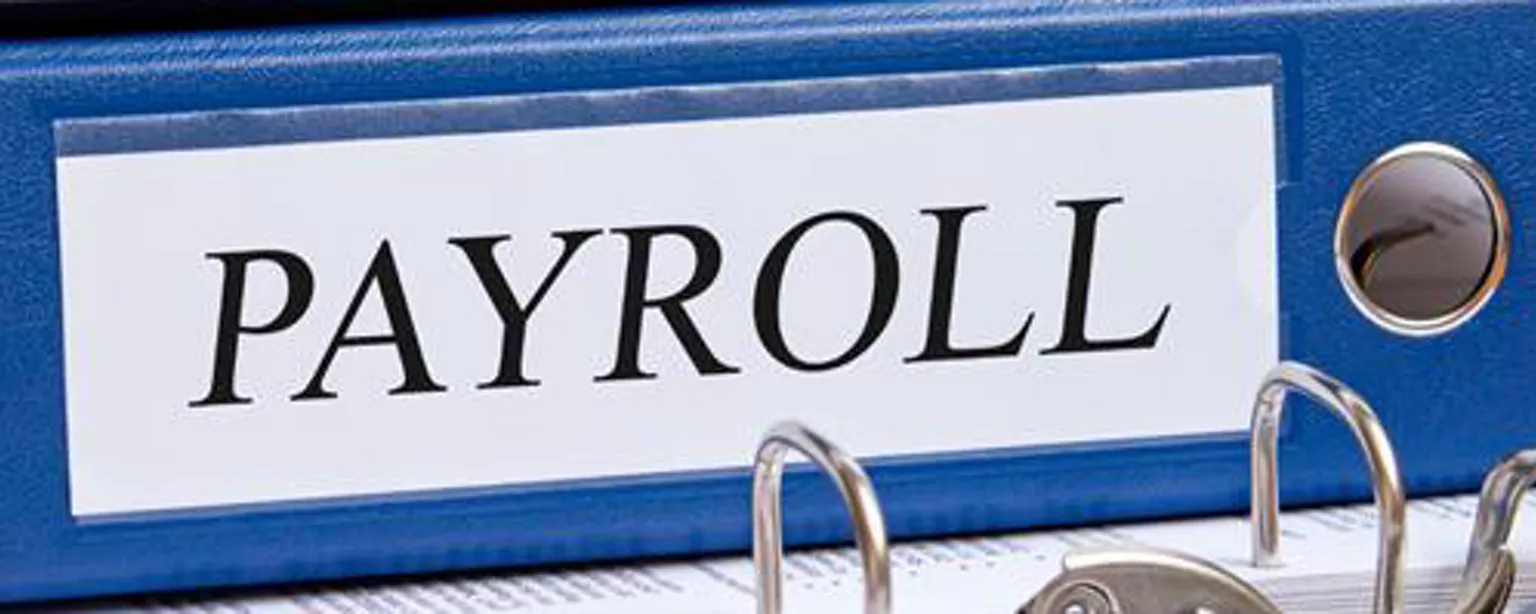Non-technical skills are important in every career. Take communication and confidentiality, which payroll professionals often describe as the two most important attributes in their jobs that have nothing to do with data entry, time cards, paychecks and financial statements.
Those two elements are absolutely essential to the competency and efficiency of a payroll department.
Communication with employees
Soft skills like communication in the payroll industry is an important tool to educate employees and help them feel confident they are being paid correctly. Educating employees on the payroll process, pay calculations, legislative updates, and benefits or deduction changes is done verbally as well as through memos, policies and even email
We must clearly and effectively explain how payroll checks are calculated — especially when employees believe they are paid incorrectly.
Early in my career, I tried to explain to an employee how taxes were calculated by using the percentage method to prove they had been taxed correctly. However, I did not understand how to use the formula correctly, so I fumbled through the formula in front of the employee, which only made matters worse. In the end, I was finally able to prove the taxes were correct, but my credibility was severely damaged. Because I did not communicate well and struggled with the explanation, credibility was lost as well as the employee’s confidence in the payroll department.
Departmental communications
Communication is vitally important to the proper functioning of any department. Communication must be clear, concise and directly to the point. Remember, communicating effectively is not only for the employees to have confidence in the payroll department and that they are being paid correctly; department heads rely heavily on the payroll department, and communicating effectively, accurately, and often makes a win-win situation for all!
On the Lookout for Payroll Manager or Payroll Clerk Jobs? Read about the latest pay ranges, duties and skills in our salary spotlight.
Secure and protected confidentiality
A strength of the payroll department should be communication; however, there are many items the payroll department sees that should never be communicated outside the department walls. We have access to sensitive information in payroll — pay rates, salary increases, involuntary deductions, age, perhaps even performance appraisals, disciplinary actions, and medical information. None of this information at any time can be part of casual water cooler conversation.
The seriousness of this fact was made clear to me when I first moved into payroll. The garnishment clerk decided to share with the accounting clerk that the executive assistant to the president received a garnishment order. Even though they were talking in hushed tones, their voices carried in the office. The occupant of that office came to me a few minutes later to tell me what she had heard. What made this worse, the executive assistant is the sister-in-law of the employee who overheard the conversation. By the end of that day, our company was short one garnishment clerk and one accounting clerk.
Confidentiality is serious, and it is imperative payroll is handled in a secure environment.
Lack of communication and confidentiality makes for an organization with an incompetent payroll department — and possibly expensive legal fees!
Be sure to read What's New in the Ever-Expanding World of Payroll Professionals.
Steven Hodgson, CPP, is the Director of Payroll Training for the American Payroll Association, where he develops, presents and evaluates the APA’s training courses, webinars, virtual classes, conference workshops and other speaking opportunities. The APA has been an authority in payroll education since 1982 and is an alliance partner with Robert Half.
Editors note: This post was written in 2014 and updated recently to reflect more current information.







